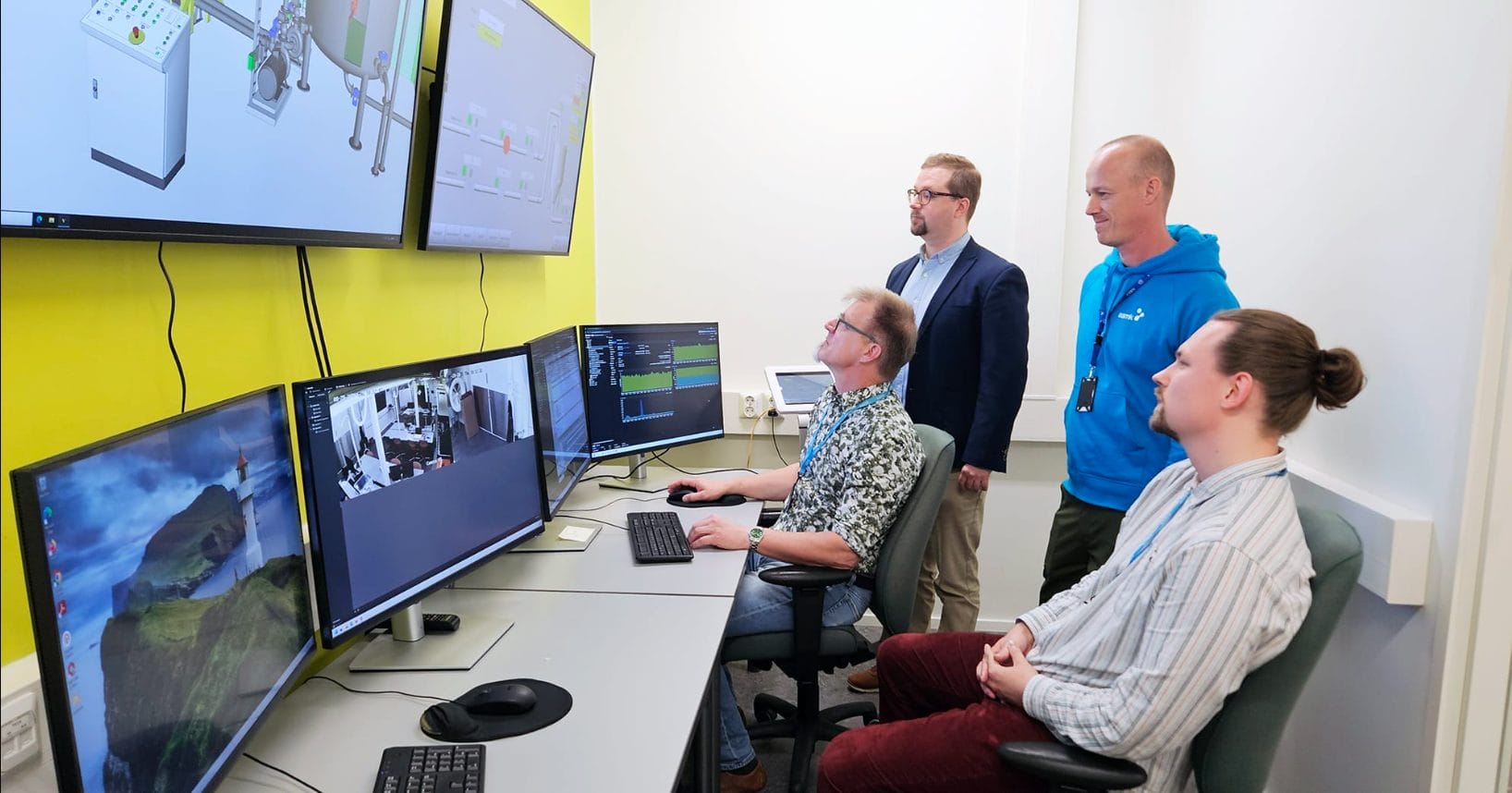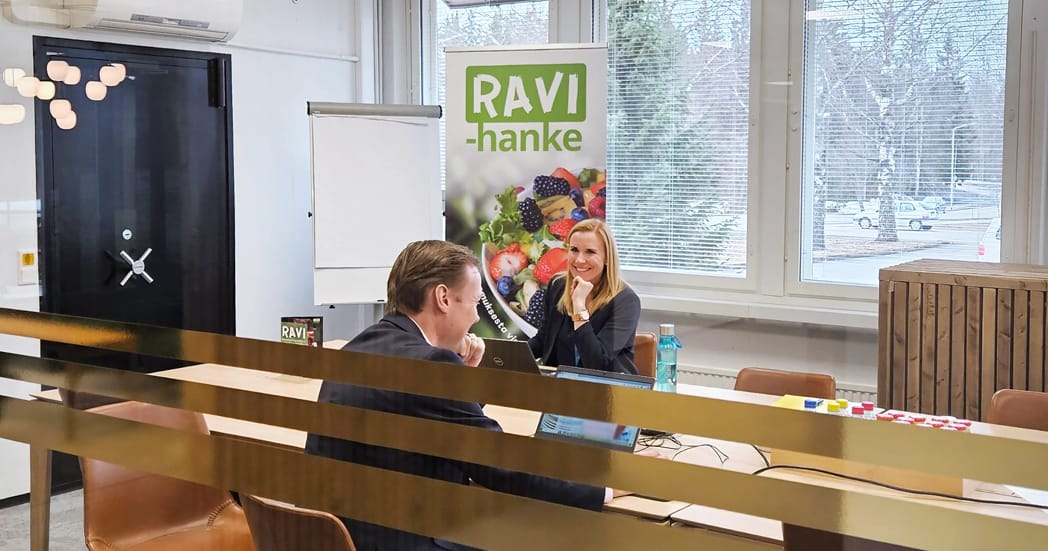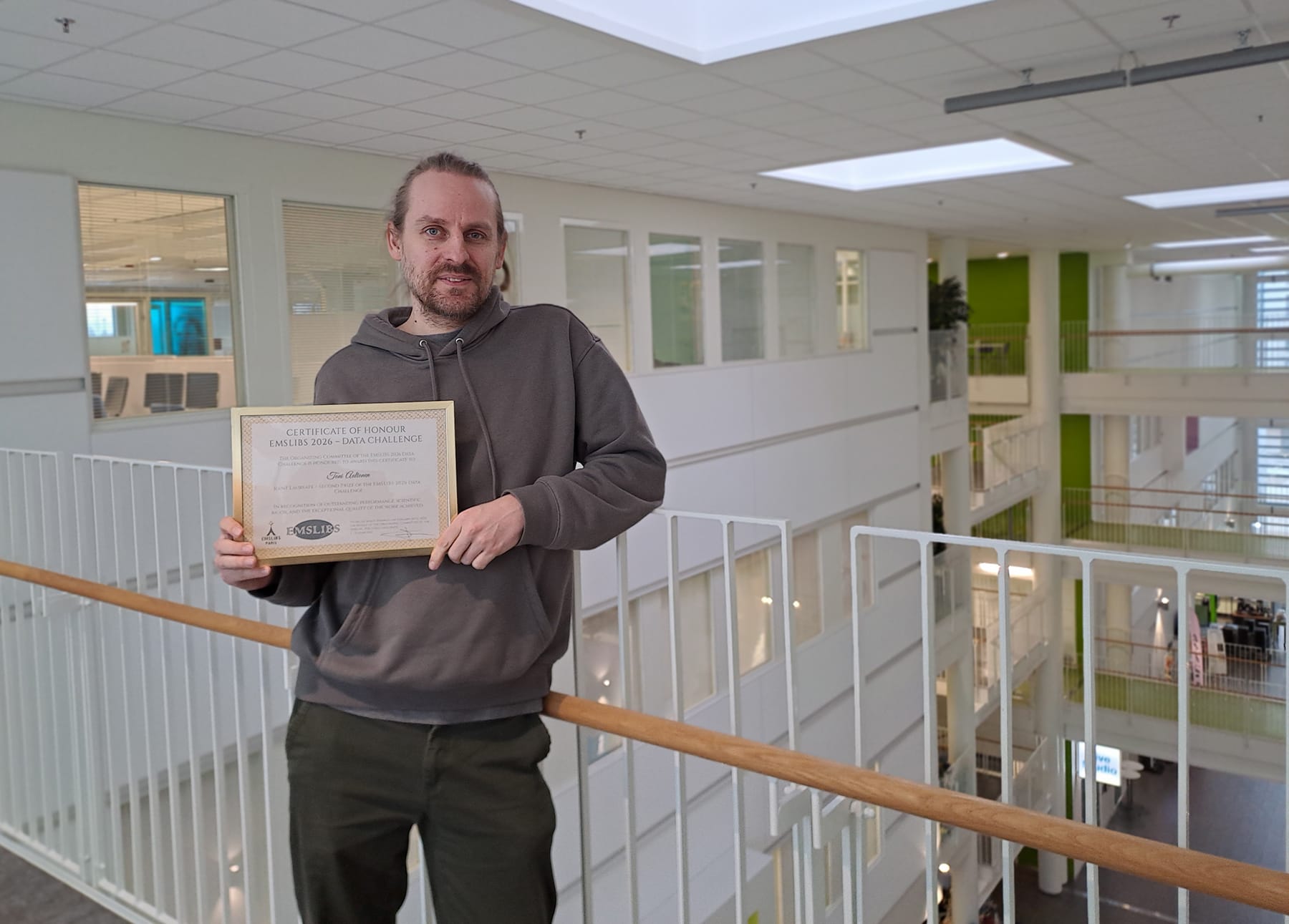RoboAI Cyberlab is a training and testing environment where automation networks and cyberattacks against them can be safely simulated. The environment enables both teaching and collaboration with industry. The same facility houses real industrial equipment, networks, and services, allowing participants to practice cybersecurity in a realistic setting.
The development of the laboratory began as part of the Kytee project. The driving force behind the project is Senior Lecturer Jere Grönman, who is responsible for networks and funding. Senior Lecturer Kimmo Viitala and Laboratory Engineer Marko Jalonen lead the technical design and implementation of the laboratory. The project operates under the RoboAI Research Center, where cybersecurity is becoming a growing area of focus.
RoboAI Cyberlab is also closely linked to teaching: in the future, students of automation technology, information technology and artificial intelligence will be able to train together.
Our future engineering graduates will master the information security of automation networks at a whole new level. Their readiness to face cyber threats will be significantly stronger than before, says Viitala.
– We don’t just teach tools, but also mindset. Not everything should be designed for convenience. Good cybersecurity should make the user a little annoyed – that’s when the protection is at the right level, he continues.
During the summer, the laboratory also employed three students who built simulations, developed systems, and investigated secure implementation methods for language model–based chat systems.
Concrete benefits for companies
Satakunta’s strong industrial base makes the region a natural location for developing industrial cybersecurity. The debate on security of supply in recent years has increased interest and awareness of the vulnerabilities in critical networks.
– Local companies – from water utilities to manufacturing – are part of the security of supply chain. Raising the level of cybersecurity is a concrete regional security measure, Viitala notes.
The cyberlab provides companies with concrete support in many ways. The activities begin with step-by-step pilots: first, self-assessments are carried out, and later, more technical exercises are conducted. The lab offers realistic examples of what can happen in the event of a cyberattack and demonstrates how the effects can be prevented or fixed.
The team helps companies prepare for upcoming EU requirements concerning the cybersecurity of both products and supply chains. As regulation increases, verified and documented security becomes more critical.
– In addition, a goal for the near future is to develop services for the region, such as vulnerability testing for devices and systems. For example, companies could bring their purchased devices to the lab for preliminary assessments, says Grönman.
Built on cooperation
From the very beginning, the activities have been built on cooperation. Partners from the higher education sector, authorities and companies contribute best practices. SAMK is part of a national higher education network in cybersecurity, where study content is jointly developed and shared.
– When we avoid doing the same things separately, development is faster and quality improves. Cooperation is power. We also have excellent cooperation with the authorities, especially the National Cyber Security Centre Finland, says Grönman.
During the autumn, the technical pilots will be expanded, and the training environment will be strengthened with new services. Business cooperation will grow to include both smaller self-assessments and more advanced technical experiments. At the same time, student cooperation will be enhanced to offer more authentic projects that provide concrete benefits to companies in the region.
The team is actively looking for partner companies. The threshold for joining is low – it is easy to start with self-assessment or sparring, and the path toward more technical experiments can be designed to meet each company’s needs.
– We want to raise cybersecurity awareness in the region and build strong cooperation with companies. The better we understand their everyday work, the higher the quality of our teaching and research, Viitala sums up.
—————
Interested? Get in touch – let’s plan a suitable way to get started together: jere.gronman@samk.fi.



